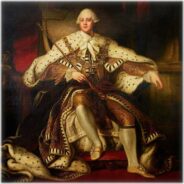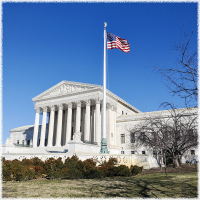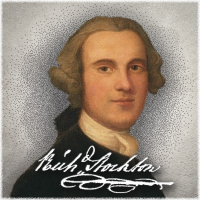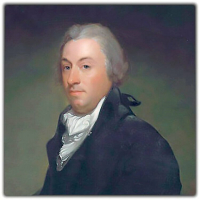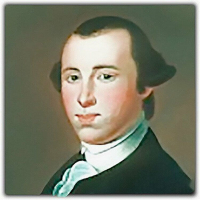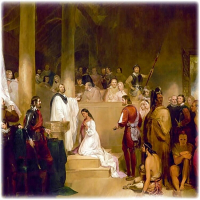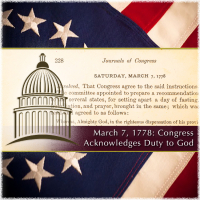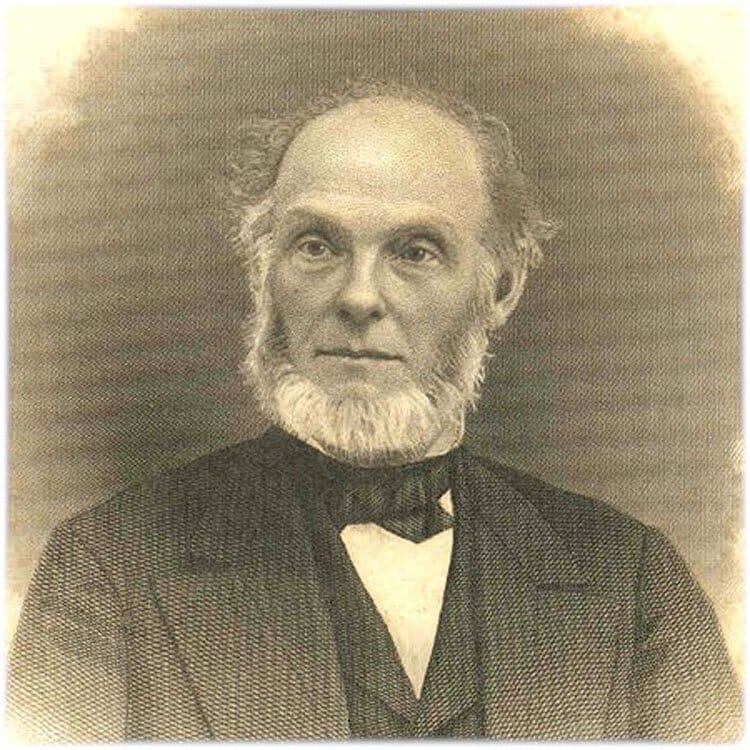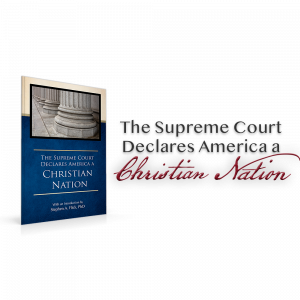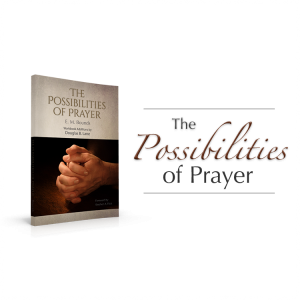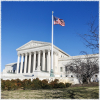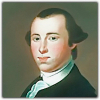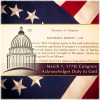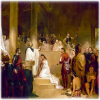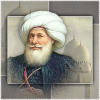America’s First Run-in With the Media
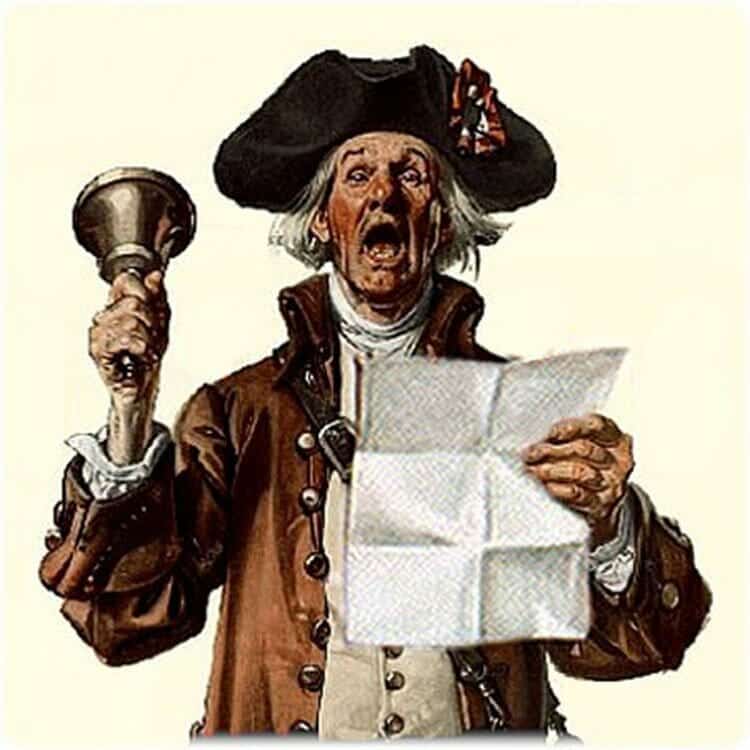
America's first run-in with the media did not occur at the beginning of the twenty-first century, but in its struggle against the tyranny of King George III, at the beginning of her national life. In recent years, the mainstream media (CBS, NBC, ABC, CNN, etc.) has been bent on defending liberal causes and defaming conservatives and the historical Christian moorings of America. They now routinely avoid those stories that embarrass and cause public doubt for their liberal irreligious agenda. But this is not the first time in American history when truth has been smothered or swallowed by those in control of public information. When colonial Americans were faced with the need for truth in the press, Christians stepped forward to devise a plan of response that helped to birth a new nation.
Article Contents
The Birth of Committees of Correspondence
The first informal efforts at mutual correspondence in the American colonies began in 1764,[1] but the first formal efforts to develop a network of communication began in November 1772 with Christian leader Samuel Adams, "Father of the American Revolution." Adams initially formed a committee to protest the decision to have the King pay for the salaries of royal governors and judges rather than the colonial assemblies. Adams and others regarded this as a loss of influence and self-direction of the colonies. The purpose of the Committee was to communicate to the public "the rights of the colonists, and of this province in particular [Massachusetts], as men, as Christians, and as subjects; to communicate and publish the same to the several towns in this province and to the world as the sense of this town".[2]
In the months that followed, more than 100 Committees of Correspondence were formed in the towns and villages of Massachusetts. His intent was to circumvent British control of communications and information by initiating Committees of Correspondence that would communicate the written word from town to town, and colony to colony. The Committees were responsible to commit particular concerns to written form and then dispatch that information to other neighboring members of the organization. Many individual members of the Committees were members of colonial assemblies and were also active in the secret Sons of Liberty.
Usually, American colonists living along the Atlantic seacoast were more informed of rising developments in the struggle against King George and the British Parliament than those living in the interior of the colonies. Through the efforts of Samuel Adams and others who joined him, Committees of Correspondence spread rapidly across urban centers, including towns in the interior.
The Committees of Correspondence were bold enough to use the British controlled postal service as one means of communication with other committees. Often, the disbursement of hand-written information from the Committees was conducted on horseback or aboard ships. The Committee of Correspondence in Boston placed its blessing upon the raid of the Dartmouth and the destruction of its tea, which was subsequently known as the Boston Tea Party (December 16, 1773). As the agitation between the colonies and Great Britain increased, the Committees formed the backbone of communication between the colonies.
Following the lead of Samuel Adams, the Virginia House of Burgesses established a Committee of Correspondence as a standing committee in 1773 and wrote to the other colonial assemblies encouraging them to form permanent Committees as well. Before the crisis of the Boston Tea Party in December of 1773, each colony had established a central committee whose responsibility it was to communicate with the other twelve colonies. In addition, smaller towns and villages joined the network which expanded the influence of the Committees throughout the colonies.
One of the members of the Committee of Correspondence was Elias Boudinot—a president of the Continental Congress and founding president of the American Bible Society. To read more about this important Founding Father, please click this box.Their Prominence in Mature Developments
The effective communication that was facilitated by the Committees of Correspondence resulted in the convening of the First and Second Continental Congresses. The Committees were an important part of the planning for the First Continental Congress that convened in September of 1774. The First Continental Congress sought God's guidance as its chaplain, Anglican clergyman Jacob Duche, led it in prayer. The Second Continental Congress seized upon the success of the Committees and created its own Committee of Secret Correspondence (on November 29, 1775) to convey the interpretation of events occurring in the colonies to sympathetic foreign powers. Appointed to this Committee were Benjamin Franklin, Benjamin Harrison, Thomas Johnson, John Dickinson, and John Jay, who were subsequently joined by Robert Morris. As the responsibilities of this Committee grew, it was subsequently renamed the Committee of Foreign Affairs on April 17, 1777.
The Committee of Foreign Affairs was responsible for enlisting foreign support in Revolutionary War against Great Britain. Drawing extensively on his European contacts, Benjamin Franklin became the most active member of the Committee. The Committee, from various foreign sources, secured clandestine shipments of gunpowder, war material, and numerous forms of support for the American cause. As the war progressed the members of the Committee were overtaxed with various responsibilities and began to neglect its work. At the suggestions of James Lovell, now a Committee member, Congress established a Department of Foreign Affairs (February 6, 1781) to handle the day-to-day business of conducting foreign diplomacy, and elected Robert Livingston as Secretary of Foreign Affairs (August 10, 1781).[5] From a small beginning in the heart of Samuel Adams that would serve the American people with truth had emerged an important office in a fledgling nation.
Samuel Adam's Christian Legacy
For decades, liberals have been attempting to marginalize, disparage, and deny the Christian influence that was exercised over the founding of America. They seek to dress America's Christian Founding Fathers in the garb of various forms of irreligion, particularly deism. But the fact of the matter is that the Founding Fathers of America were overwhelming Christian! In numerous, often unseen ways, the influence of America's Christian Founding Fathers extends into the twenty-first century. Of the fifty-six signers of the Declaration of Independence, only two-or possibly three-were not associated with a Christian denomination. Samuel Adams, founder of the Committees of Correspondence, was a devote Christian, as may be seen in his last will and testament:
Principally and first of all, I recommend my soul to that Almighty Being who gave it, and my body I commit to the dust, relying upon the merits of Jesus Christ for a pardon of all my sins.[6]
Before average citizens were aroused against the grievous government of King George III and the English Parliament, Christian pastors began to alert the American Colonies to the disparity between the teachings of the Bible and the policies of King George.[7] Under the influence of biblical teaching, American colonial leaders sought to correct the abuses of the King's government, but with little or no success. Rather than sacrifice their biblical convictions, Americans chose to live out the principles of Scripture rather than submit to the passions of a tyrannical King and his Parliament. The cost was enormous, but their resolve has blessed the world for more than two centuries.
Contemporary Americans are now faced with the tyranny of secularism because many pastors have lost their conviction concerning the truthfulness of the Bible. If Americans will not fight for the biblical principles that produced the greatest nation in world history, they—like most other people groups around the world—must content themselves with mere existence under the heel of contemporary secular tyranny! Those who will not fight to maintain their liberty are not entitled to live under the blessings bequeathed to them by America's Christian Founding Fathers!
America deserves to know its true heritage.
Please contribute today!
"Anchor Elements" are concepts, events, individuals, terms, or other important components that are featured in this article and which act as authoritative reference points for use in other articles throughout our site.
[1] In 1764, a committee was charged with rallying opposition to the Currency Act. The following year, New York called upon its neighbors to respond to the Stamp Act, and Massachusetts responded by urging other colonies to send delegates to the Stamp Act Congress that fall.
[2] Page Smith, A New Age Now Begins (McGraw-Hill, 1976), 368.
[3] David Barton, Original Intent: The Courts, the Constitution, & Religion (Aledo, TX: WallBuilder Press, 1996): 145.
[4] Barton, Original Intent, 182.
[5] U.S. Department of State, Office of the Historian, "Secret Committee of Correspondence/ Committee for Foreign Affairs, 1775-1777" (http://history.state.gov/milestones/1776-1783/SecretCommittee, June 10, 2013).
[6] Barton, Original Intent,134.
[7] For a summary of this important fact, see the work of Yale University professor, Sydney E. Ahlstrom, A Religious History of the American People (New Haven, Connecticut: Yale University Press, 1972), 260-384.

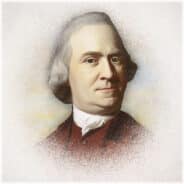
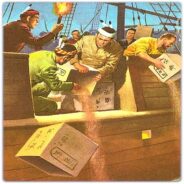
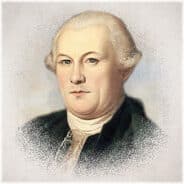
.getTime();)
